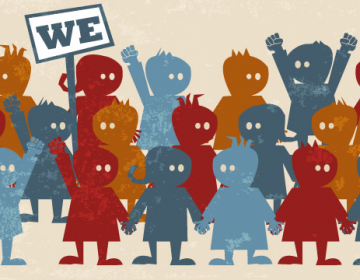Why We Only Watch as Mute Spectators: Bystander Apathy
- July 18, 2016
- Team Hypothesizes
- Social
- 0 Comment

Motivation refers to an individual’s level of concern and approach to a task in hand. This approach could be positive or negative. At the workplace, there exist internal and external forces that affect employees and determine their behavior, sense of direction and effort.

Obesity is a growing concern for the world, becoming a major cause of death and chronic illnesses, especially amongst the young population. Supporters of good health identified food advertising as a considerable contributor to the obesity epidemic. They suggested that consta

Psychological theories are important in understanding the concept of mood memory. People always have negative thoughts. Negative thoughts comprise bad or traumatic experiences in life such as the loss of a job or the death of a loved one. Many people also struggle to remembe

Who are you? I’m sure you could rattle off your full names with absolutely no problem, but I’m asking a deeper question, not what’s on your driver’s license – who are you, really, essentially? It becomes a bit trickier to answer, doesn’t it? American sociologist

Is it possible to magically turn a rival into a supporter simply by inducing them to do you a favor? This sounds far-fetched but turns out it shares a lot with psychology of attitudes and worked for Ben Franklin. In his autobiography, Franklin narrates how he dealt with hos

The attachment theory was pioneered by John Bowlby, an English psychiatrist and Mary Ainsworth, an American psychologist. The theory focuses on the bonds and relationships between people especially parents and children. In his theory, Bowlby sought to show that


